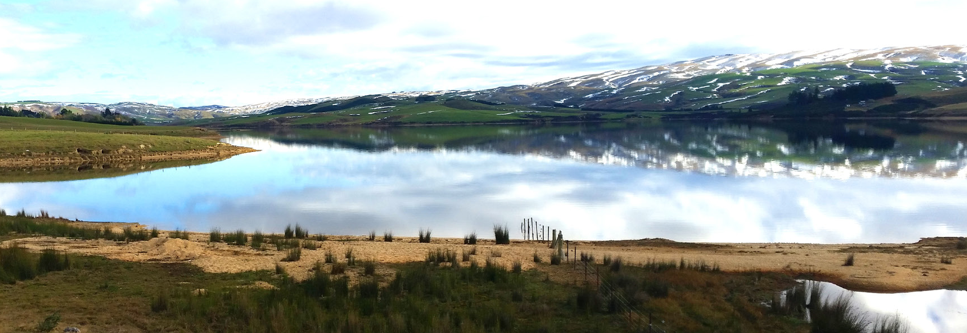This year’s ECO Fund general pool was bumped up to $290,000 and was for the first time supplemented with new one-off incentive funds added through the Long-term Plan 2021-31 (LTP), bringing the total funding pool up to $470,000.
Applications were open from 30 March until 1 May with 53 applications submitted asking for a total $1,108,239 - a record number for the fund.

Diversity and spread of applications
ORC Manager Environmental Implementation Andrea Howard says “the diversity and spread of applications is great to see.”
“The ECO Fund acts as an enabler for groups, both big and small, and ensures that we can distribute the funding across the region, meaning we can support community-led action and better environmental outcomes more equitably across the region,” she says.
Applications came from across Otago, from Oamaru south to Papatowai and from the Lindis Pass across to Glenorchy.
Projects include water quality, pest management, biodiversity, conservation
There was a wide range of trusts, schools, community groups and catchment groups with projects associated with water quality, pest management, biodiversity and conservation.
Applications were for a large variety of projects, such as protecting threatened bat and penguin species, community environmental education, better water quality outcomes and pest plant and animal management for biodiversity gains.
Ms Howard says a point of difference for the ECO Fund is that is supports administration costs, which has proved very popular with the community.
Salary and administration costs essential to field work
“A large amount of applications requested salary or administration costs, which are essential to enabling actual field work to happen,” she says.
“We recognise that for most of the community-led work people are working in a voluntary capacity.”
The ECO Fund recognises there’s a time and cost associated with effective delivery of on the ground projects.
“The fund hopefully assists groups with the administrative support needed to ensure that their project visions can be realised.”
“We‘re also excited to support some new initiatives this year with incentive funding. These align with our internal priorities, such as facilitating better rabbit management and one role we have is to support new thinking for more sustainable, collaborative solutions,” Ms Howard says.
Applications are currently being assessed with a recommendation on the successful applicants expected to go to the 29 June Council meeting. Information on how to apply, other funding sources, and earlier ECO Fund projects are on our website.
